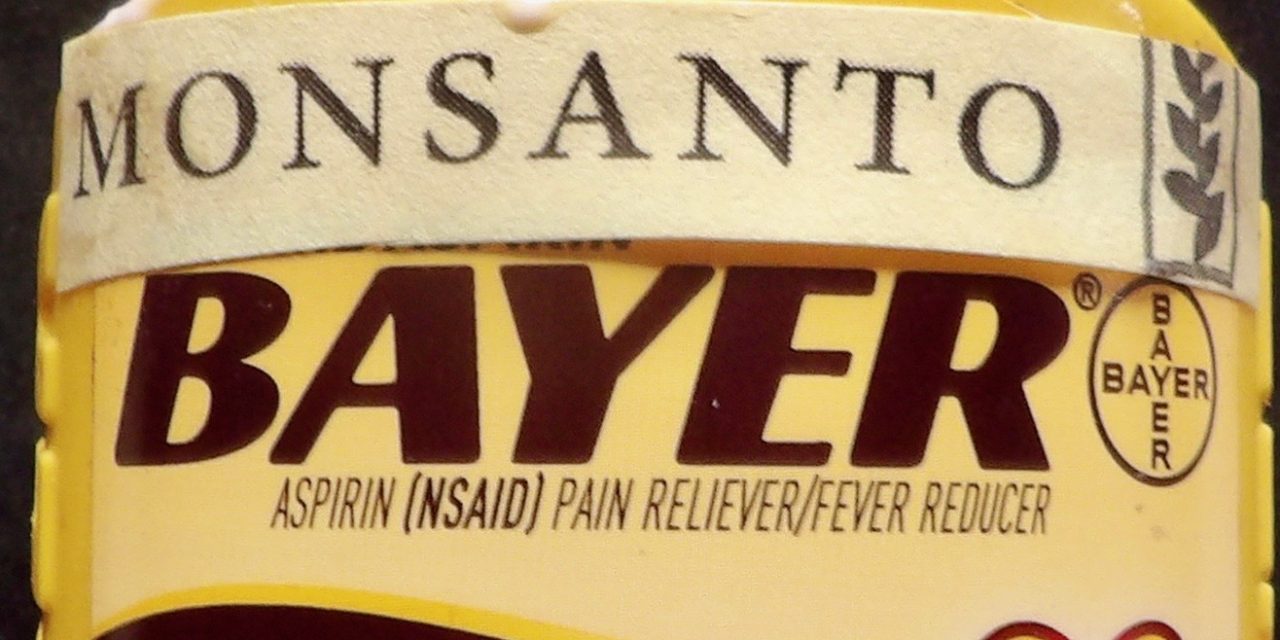Joe D. Goldstrich, MD, forwards three articles from the New England Journal of Medicine online, noting: “The Monsanto owners will now have another fraud to perpetuate.” Bayer and Monsanto recently merged. Could they be planning to downplay aspirin (widely available as a generic) in favor of other, more profitable analgesics? The three articles dissing aspirin use by the elderly were made available free in their entirety on NEJM.org; such unusual generosity suggests a PR campaign. But the large trials on which the articles are based began years ago, and we may be overly suspicious… And it’s probaby just cosmic coincidence that the lead author is J.J. McNeil. (McNeil is the name of the J&J subsidiary that sold the world on Tylenol, an analgesic supposedly safer than aspirin but not really.)
Effect of Aspirin on Disability-free Survival in the Healthy Elderly by J.J. McNeil and Others
In conclusion, these results of the ASPREE trial indicate that, over a median follow-up of 4.7 years, the use of low-dose aspirin in persons 70 years of age or older who did not have cardiovascular disease did not prolong disability-free survival in a predominantly white population.
Effect of Aspirin on Cardiovascular Events and Bleeding in the Healthy Elderly J.J. McNeil and Others
In conclusion, in this randomized trial involving healthy elderly persons who did not have known cardiovascular disease, the use of low-dose aspirin resulted in a significantly higher risk of major hemorrhage and did not result in a significantly lower risk of cardiovascular disease than placebo.
Effect of Aspirin on All-Cause Mortality in the Healthy Elderly J.J. McNeil and Others
In conclusion, among healthy adults who did not have an indication for aspirin use and were predominantly 70 years of age or older at enrollment, all-cause mortality was apparently higher among those who received daily low-dose aspirin than among those who received placebo, with 1.6 excess deaths per 1000 person-years occurring in the aspirin group after a median of 4.7 years, and cancer was the principal cause of the excess deaths. Other primary prevention trials of aspirin have not identified similar results, which suggests that the mortality results reported here should be interpreted with caution.





